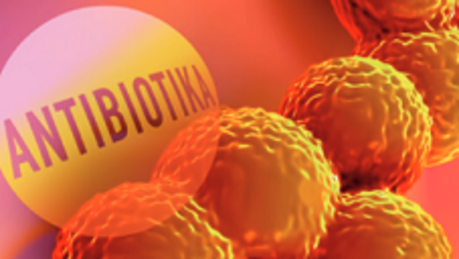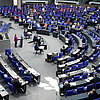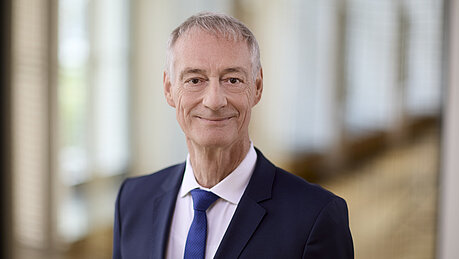UN High-level Meeting
13 June 2016. Included in the Sustainable Development Goals agreed by the United Nations last year with the adoption of the 2030 Agenda is ending the AIDS epidemic by 2030. As part of implementing this goal, a high-level United Nations meeting is taking place in New York from 8 to 10 June 2016. Heads of state and government, ministers and other representatives from the worlds of politics, civil society, research and business will be taking part in the meeting. Federal Minister of Health Hermann Gröhe, who is heading the German delegation, said in his speech:
Thanks to good prevention and treatment, the rate of new HIV infections and AIDS mortality rates have fallen all over the world in the last 15 years. However, it is important that we do not let up: together with our international partners we must scale up our efforts. That is why Germany is supporting the goal of fast-tracking the end of HIV and AIDS with targeted measures over the next five years. These measures include providing young people in particular with good information about how to protect themselves against HIV and other sexually transmitted infections, and good access to medical care. It is also crucial that people living with HIV are not excluded from society. In Germany we are intensifying our efforts to tackle HIV and other sexually transmitted diseases with an overarching approach. Common factors in terms of prevention, diagnosis and therapy can be identified with a view to optimising instruments and tools.
Over the last 15 years, the global number of new infections each year has fallen by 35 per cent (2015: 2.1 million new infections), and annual AIDS-related mortality has gone down by 43 per cent in the last 12 years (2015: 1.1 million deaths). Over the next five years, Germany will be supporting the Fast-Track approach which is the focus of the high-level meeting by scaling up efforts to finally end HIV and AIDS worldwide. Targets to be achieved by 2020 include: fewer than 500,000 people newly infected with HIV; fewer than 500,000 people dying from AIDS-related causes; and the elimination of HIV-related discrimination. That is why it is important to ensure that the different target groups in different regions are all reached, that comprehensive plans are available for prevention and care, that discrimination is further reduced and that HIV measures are more thoroughly integrated into health systems.
We cannot view diseases like HIV and AIDS in isolation – especially in developing countries, we need to be looking at health systems as a whole. In a country that is unable to reliably deliver even the simplest health services, all risks and illnesses weigh far greater. HIV infection is just one of those risks. That is why we are campaigning for stronger health systems overall: starting with medical care and support for expectant mothers and their children, and going on to include information campaigns to educate young people about diseases. Together with the World Health Organization and other partners, we are therefore working to improve the coordination of activities by international players in the health sector and ensure that partner countries get exactly the support they need.
Germany's contribution in the health sector currently amounts to about 800 million euros a year (from BMZ funds). For example, we are supporting the Global Fund to Fight AIDS, Tuberculosis and Malaria and the international vaccine alliance GAVI. In addition to that, the BMZ is also providing a total of 2.7 million euros up to 2018 for UNAIDS, the UN organisation responsible for coordinating efforts to end AIDS.
Besides members of the German parliament, the German delegation in New York for the UN high-level meeting also includes civil society representatives, and members of the research, science and self-help communities.




























